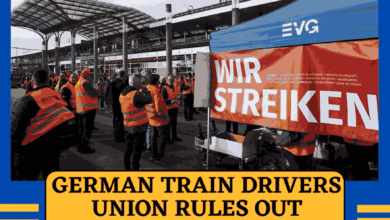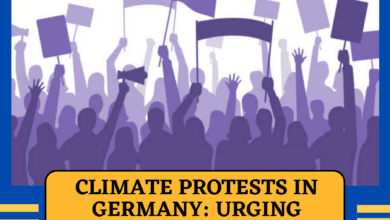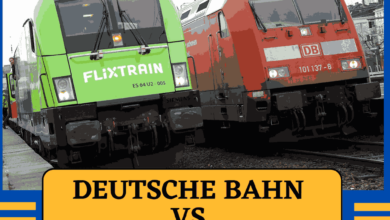Volkswagen Faces Potential Plant Closures in Germany Amid Industry Challenges
Volkswagen Faces Potential Plant Closures in Germany Amid Industry Challenges
Volkswagen (VW) is grappling with significant challenges in the European automotive industry, which may lead to unprecedented plant closures in Germany, breaking an 87-year tradition. Despite a long-standing job protection pledge that safeguarded employment until 2029, the company is now reconsidering this commitment due to the intensifying pressures within the industry.

Industry Headwinds and Strategic Shifts
The CEO of Volkswagen Group, Oliver Blume, highlighted the difficult situation, citing new competitors entering European markets and Germany’s declining status as a manufacturing hub. This, coupled with the need for decisive action, has prompted the company to consider options that were previously off the table, including the possibility of plant closures.
Thomas Schaefer, CEO of Volkswagen Passenger Cars, acknowledged that while efforts to cut costs have been effective, the challenges have grown substantially. European automakers, including Volkswagen, are facing fierce competition from more affordable Chinese electric vehicles, which has further strained the company’s financial performance.
Financial Pressures and Core Brand Challenges
Volkswagen’s financial outlook reflects these challenges, with the company’s core brand seeing a significant drop in operating earnings—from €1.64 billion in the previous year to €966 million ($1.1 billion). The company’s luxury brands, such as Audi and Porsche, continue to perform better, but the mass-market vehicles produced by Volkswagen are struggling to maintain profitability.
Despite previous cost-cutting measures, including early retirements and buyouts designed to avoid layoffs, Volkswagen now acknowledges that these efforts may not suffice. The possibility of additional measures, including plant closures or renegotiation of job guarantees, is under consideration, though such actions would be subject to negotiation with worker representatives.
Union and Government Reactions
Union officials and worker representatives have strongly opposed the potential closures and layoffs. Thorsten Groeger, the chief negotiator for the IG Metall industrial union, criticized management’s approach, warning that it could severely harm the company’s core operations. Daniela Cavallo, a top employee representative, echoed these sentiments, accusing management of failure and vowing to resist any plant closures.
The government of Lower Saxony, where Volkswagen is headquartered, has also weighed in on the matter. Governor Stephan Weil, who serves on Volkswagen’s board of directors, acknowledged the need for action but urged the company to explore alternative cost-saving measures to avoid plant closures.
As Volkswagen navigates these turbulent times, the decisions made in the coming months could have far-reaching implications for the company’s future and the broader European automotive industry. The company’s ability to adapt to these challenges while maintaining its workforce and production facilities will be closely watched by industry observers, employees, and government officials alike.
Read More at How to Abroad
How to find the right hospital in Germany when you get sick?
Germany Job Opportunity Card to Be Introduced from June 2024









